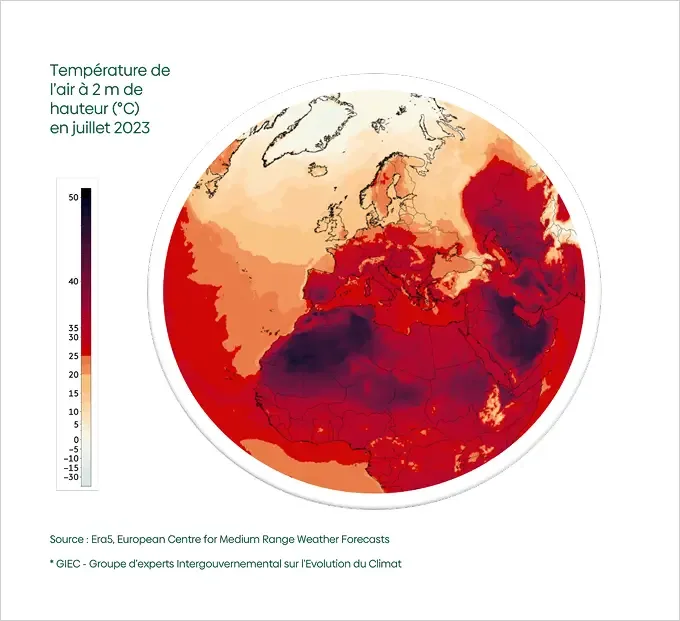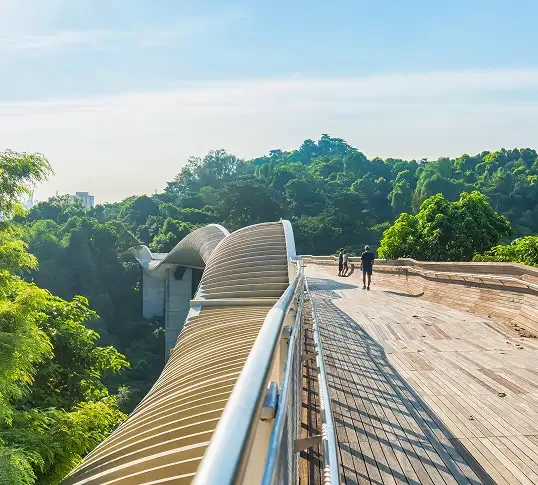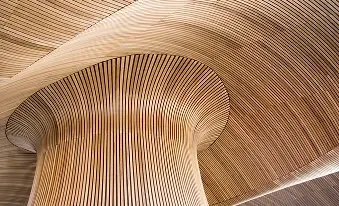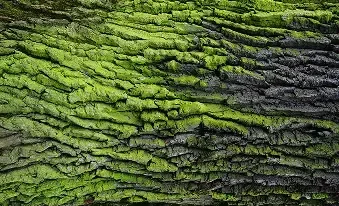Renewed sustainable development challenges for real estate industry
Real estate is eminently physical, its impact lasting over a timeframe that often exceeds a generation. We now need to look at its sustainability, while aiming at improving its global impact.
Our sites are present in and contribute to local areas. These places of commerce and sociability have been places of new freedoms, offering services linked to consumption, the supply of equipment, food, leisure. They often collectively represent the local town's main employer and already offer fertile ground to businesses, which are, sometimes very inclusive. However, they could be less strictly functional, their architecture could be more appealing. They act as heat islands in increasingly hot summers and are one of many symbols of the growing land artificialization.
Our sites are ecosystemic and have unique potential for transformation. This systemic approach is new, and understanding it will help us do better, starting by reflecting on our responsability to society and what we will leave behind.
No one can ignore the issue of climate change any longer, and the scientific consensus is that we contemplate the risk, now established as extremely high (greater than 99.9%), that human activities powered by fossil fuels will destroy the very conditions for the sustainability of any human activity, in too many regions for the situation to be "manageable". Nobody in their right mind would cross a simple street if they were told that there was a 99.9% probability of an accident occurring.
And yet...
And yet, droughts, extensive heatwaves, storms, floods, water shortages... natural disasters are multiplying at a faster rate than scientists had predicted. According to the IPCC*, who achieved a minimal consensus between scientists and politicians, half of the world's inhabitants are now classified as "very vulnerable".

Climate and biodiversity, exceeded planetary boundaries
The climate is just one of nine planetary boundaries identified by scientists as not to be exceeded if we simply want to maintain the conditions for life on planet Earth, the only one known to date to be capable of supporting life in such varied, rich and complex forms.
According to IPBES*, of the estimated 8 million plants and animal species on the planet, 1 million are now in danger of extinction. It is a «collapse of the living world», impacting both the number of species and the number of individuals.
Today, we have established that human activity has disrupted all living processes. Six of the nine limits have now been exceeded and are continuing to deteriorate. However, the ozone limit (Atmospheric Ozone Depletion) was crossed in the 1980s, and humanity evolved to solve the problem: positive action is possible!
Life is under threat everywhere, both qualitatively and quantitatively. Knowing the risks, limiting them as much as possible and preparing for them is our responsibility, and it creates value.
The value created will be stronger and more robust as we consider the success of its location and environment holistically and systemically. To do this, we need to change, and we need to shift paradigms. We had already been a source of connections, caring for people. Our responsibility now is to act on this urgency and work with our means and capital to recreate balance, even help regenerate the sites we manage and the land we interact with. Life itself has a power to contribute to the solutions we seek: let's re-discover them, change the way we look at things and impulse change on every scale!
Placing land and real estate at the heart of regenerative development
We're shifting paradigms. Faced with the major challenges of climate change, biodiversity and societal tensions, we need to switch from limiting our negative impacts to increasing our positive ones.
We're lucky: life, endangered as it is, still has a fantastic capacity for resilience, growth and regeneration.
We wanted to build our strategy on knowledge and understanding of systemic issues, but better still, we're building solutions in alliance with territories and the people who live in them, and with nature, of which the ecosystem and synergistic services have been forgotten for too long.
We are convinced that the positive impact investment strategy is also the best one, and even more so when adjusted for risk. So, in addition to financial performance, we seek to create extra-financial performance that feeds into overall performance and ultimately financial value. We want to go beyond sustainable development and aim for regenerative development, which repairs and helps to create better future opportunities, by putting life and living beings at the heart of our decision-making system.
Guided by the aspiration to become an impact-driven real estate company, Ceetrus is already heavily involved in the sustainable transformation of its sites. The sites in which we invest, alone or with partners, embody our determination to accelerate positive impact, at a time when city resilience and concrete action in the service of living beings are urgently needed, for a more serene and inclusive human kind.
We've joined the United Nations Global Compact to go beyond CSRD, in an approach that builds purpose and innovation. Putting Life at the core of our decisions and actions, Intensifying the use of what already exists while building differently and rejuvenating our sites with nature-based solutions are our three transformation levers!


